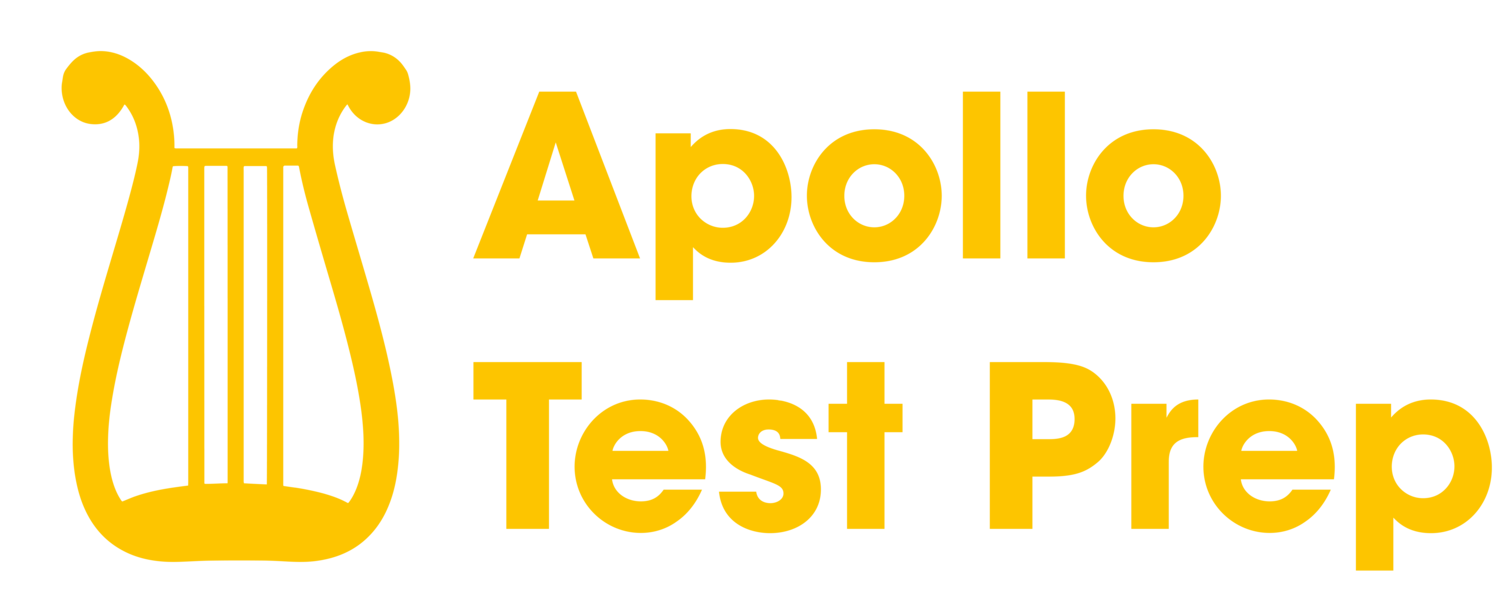When Should I Apply to Law School?
Let's start with some basics: Except for a handful of schools, almost all law schools start in the fall. To start in the fall of a given year, you'd be applying during the cycle that starts in the previous year. For example, if you want to start law school in the fall of 2022, you'd be submitting your application during the cycle that starts in the fall of 2021. (the 2021-2022 cycle)
Most law school applications open in September or October and close anywhere from February to June of the following year. At UCLA Law, for example, applications for students wishing to enter law school in fall 2022 open on September 1st, 2021, and close on February 1st, 2022.
However, you should never plan to apply right before applications close. Read on to understand why.
What are rolling admissions?
When you applied to college, you probably just had to get your application in by a deadline, at which point applications closed and the school went through and put together their 1st-year class out of the pool of applications they had. Submitting early didn't give you any advantage other than bragging rights - your application still had to wait until the application deadline before the admissions committee would even look at it.
(Most) Law schools don't do that. As soon as you submit your application, it's fair game. Law schools don't wait until the application closes to start reviewing applications. They are continually filling their class, from the day applications open to the day their very last application filters in. In fact, most of a law school's entering 1L (first year) spots are already filled by the time their applications officially close. If you wait to submit your application until February, you could be competing for less than half of the spots that existed at the beginning of the cycle.
Don't be late for the party
Rolling admissions mean that your odds of admission (and of getting a scholarship) go down the later in the cycle you apply. Think of it like a birthday party - if you show up early, there's still plenty of cake to go around. If you wait until 30 minutes before the end of the party to make your appearance, there will be much less cake left, and you'll have to battle 30 kids sweaty from laser tag just to get a slice.
Scholarship money and class spots are both continuously being given away from fall to spring - supply goes down, while demand stays about the same. All this means that if you took two identical candidates and had one of them apply 5 months later than the other, the earlier applicant would have a significantly higher chance of admission and of getting a merit scholarship.
How much does applying early help?
This is tough to say. Different schools have different admissions processes, some of which tend to bias towards earlier applicants much less than others. Yale Law School, for example, claims that applicants have an equal chance of admission regardless of when in the cycle they apply.
7sage.com has a really neat tool for gauging your chances of admission - play around with various application dates if you want to get a sense of how much applying early affects your application. For example, an applicant with a 3.5 GPA and a 165 LSAT would have a 34% chance of admission to Boston College if applying in April, which shoots up to 66% if they apply in October instead.
NOTE: As the tool says, take these results with a grain of salt. The percentages are the result of a mathematical formula that's based on past admissions statistics, nothing more.
Benefits of rolling admissions
While the exact size of the boost isn't completely clear, the data is incredibly clear on one thing: applying early helps. No matter what your application looks like, you can always increase your odds by just getting it in early. With some planning, you can get a big boost in your admissions chances with very little additional effort (compared to increasing your LSAT score or GPA).
Generally, you should aim to have all your applications in no later than mid-December.
Should I delay my application to get a better LSAT score?
As important as applying early is, nothing has a bigger impact on your application than your LSAT score. All else being equal, an applicant who applies in December with a 169 will (generally) be more competitive than an applicant who applies in October with a 165.
As a rule of thumb, any application submitted before Thanksgiving is considered "early". While your odds go down a bit from September to December, you should be just fine getting your application in before Christmas. This means you can still take the October or November LSATs and comfortably apply. If you think you can do better than your current LSAT score, it's likely worth considering putting off your application and applying with a higher score later on. Here's an article about what to consider when deciding whether to retake the test.
All else aside, it's not the end of the world if you end up applying a month or two later than you would've hoped. You've done the work to get a GPA and LSAT score you can be proud of, and the task of getting the application in is the easy part (at least when compared to the rest of the process). Zero in on your goals for the next couple of months, then get that application in and never worry about it again. Good luck!
If you need any help in deciding whether to retake the LSAT or are ready to get some professional help with squeezing out those last few points, our LSAT experts are always happy to help out.

